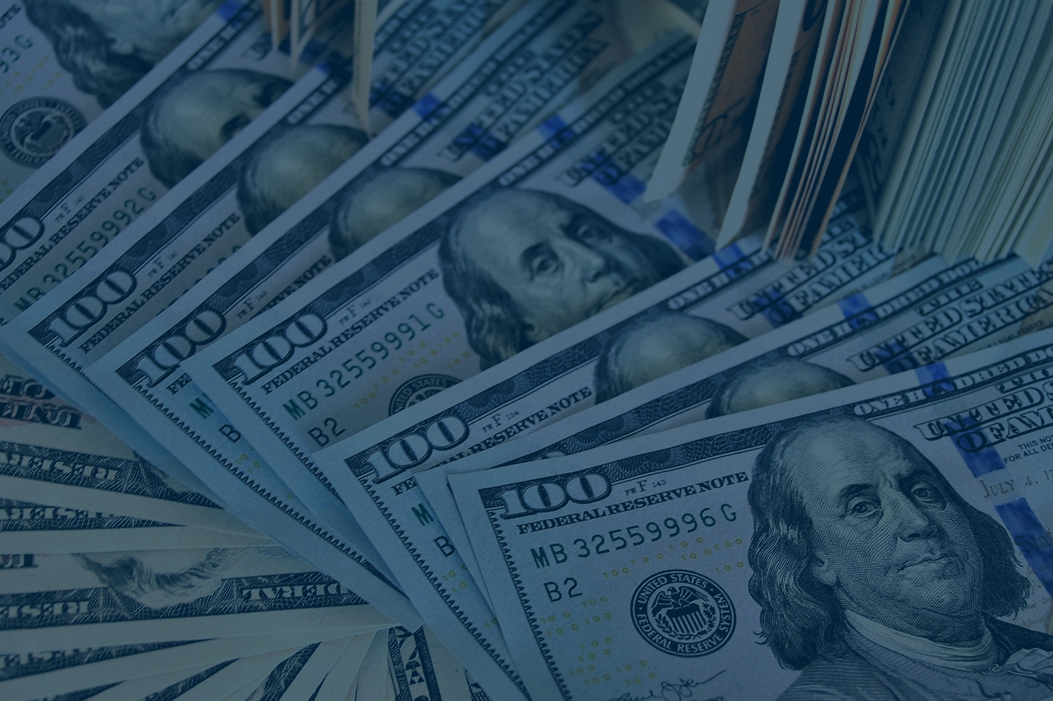Last week, we reorganised the Global Leaders portfolio to reduce implicit leverage.
Four companies have been sold: FedEx, Oracle, Rockwell and Waters. Capital released from these names has been recycled into all the other portfolio holdings. The net effect of these changes is to improve the financial backing of the portfolio and net debt to equity falls from 25% to 20% as a consequence. The actual improvement is a little better than this as Waters has a negative equity balance due to share buy-backs and therefore does not submit to conventional debt to equity analysis. Whilst we considered this action, we looked also at debt service levels. Although none of the companies we own are in any way constrained on their ability to service debt, we have taken a very conservative measure in light of the widespread effects of the spread of the coronavirus.
As the fund is fully invested at all times, the net reallocation further emphasises financial strength in a portfolio that already had good characteristics in this regard.
Whilst it is unusual for one factor to dominate a multi-factor investment process, it will happen on occasion and the coronavirus is an exceptional phenomenon. Should the virus scare recede, we do not believe these actions will hurt portfolio outcomes in any material way.
A global economic slowdown has begun and further spread of the coronavirus will determine its length and depth.
Stock-markets are working hard to discount second order effects. One of these second order effects is a material decline in corporate cashflows. Reduced corporate cashflows impinges companies’ ability to buy-back shares. Share buy-backs have been the most significant buy side activity in the US stock markets for some time. Whilst these declines are not permanent and we can expect a rebound on the other side, we are motivated to add belt to braces. Some individual comments follow on the companies removed (for now) from the portfolio:
FedEx is a heavy capex business that seeing increasing competitive pressures arising from Amazon and rising costs from e-commerce and TNT integration. Having doubled its borrowings in 2019, its balance sheet has become stretched at 167% net debt to equity while free cash flow has turned negative.
Rockwell Automation’s business gears into industrial cyclicality and corporate capex with end markets exposed to sectors such as autos, oil & gas, mining. Organic growth expectations for the company have been falling. While aggregate borrowings have not climbed significantly and cash flows are still intact, the company has been highly active on share buybacks, with share count decreasing by 20% between 2015-2019, causing net debt to equity to increase.
Oracle is one of the most cash generative companies in the portfolio. However, since 2018, the company has increasingly allocated capital towards share buybacks. Combined with the need to invest to drive growth in cloud this has driven net debt to 62% of capital from net cash in 2018. With buybacks representing over 10% of market cap an enforced hiatus in the program could sharply exacerbate any market demand imbalance.
As with Oracle, Waters has increasingly prioritised buybacks. Its defensive earnings stream within regulated healthcare workflows has given management the confidence to push the envelope. While it remains under-levered on earnings ratios, its capital structure is now dominated by debt.



